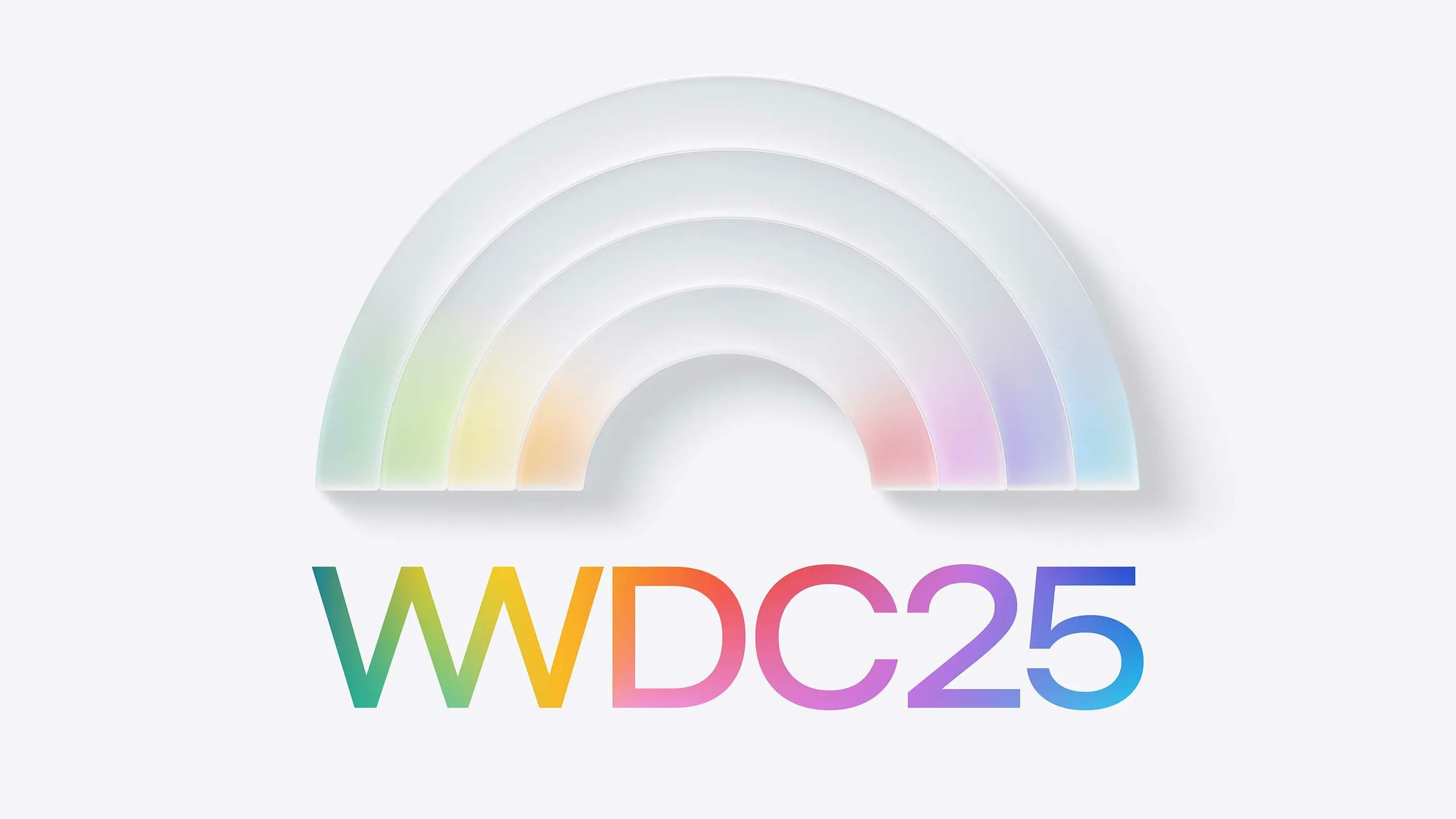After AI Shortfalls, Legal Heat, and Fraying Trust—Will Apple Finally Listen?
Introduction: WWDC 2025 Is More Than Just a Tech Event
Apple’s Worldwide Developers Conference (WWDC) has historically been a celebration of innovation. But this year, the stakes are different. Following a rocky rollout of its AI vision, mounting developer frustration, and an ongoing series of legal battles, WWDC 2025 isn’t just another keynote—it’s a credibility test.
Developers, investors, regulators, and consumers are watching. Will Apple take responsibility for its recent missteps and reestablish itself as a trusted platform for the future of intelligent computing? Or will it continue its tightly controlled narrative while the rest of the tech world moves ahead?
Apple’s AI Vision: High Expectations, Low Delivery
When Apple introduced “Apple Intelligence” in 2024, it was framed as a game-changer—an answer to OpenAI, Google Gemini, and Microsoft Copilot. On paper, the rollout promised enhanced Siri features, generative writing tools, proactive device actions, and tightly integrated on-device machine learning models.
Yet, a year later, the company has delivered only a fraction of what it promised. Siri’s long-awaited upgrade still feels like an unfinished prototype, lacking the contextual depth or conversational fluidity of competitors. Many features remain “coming soon”, and developers complain they’ve had no access to the underlying AI models or APIs.
The result? Excitement has given way to skepticism.
Siri’s Identity Crisis: A Decade of Missed Potential
Siri, once a pioneer in voice-assistant technology, is now struggling to remain relevant in an era of generative AI. While competitors integrate deep language models to deliver rich, intelligent interactions, Siri still falters with basic queries. Developers who build voice-interactive experiences find themselves constrained by limited access, inconsistent behavior, and lack of documentation.
Apple’s decision to prioritize privacy and on-device processing has commendable intentions—but it’s resulted in a feature set that’s often outclassed and outdated. Without a major overhaul, Siri may never catch up.
Developer Frustration: Between a Rock and a Walled Garden
For the developer community—the very people WWDC is meant to celebrate—Apple’s recent trajectory has been troubling. From opaque App Store policies to exorbitant commissions and slow review times, frustration has grown steadily.
Many developers expected Apple’s AI push to include powerful tools within Xcode, improved Foundation frameworks, and open LLM integration. Instead, they’ve been met with vague promises and closed doors. Smaller indie developers—once the backbone of the App Store—feel especially sidelined.
Even well-funded developers have begun shifting attention to open ecosystems like Android, web-based PWAs, and even Unity or Unreal-powered experiences. Apple’s lack of transparency, coupled with its reluctance to share monetization opportunities, has pushed many to question the long-term ROI of building on Apple platforms.
Legal Storms: A Company Under Fire
Apple’s legal troubles have only added fuel to the fire. In early 2025, the company was hit with a class-action lawsuit alleging false advertising for marketing devices as “AI-powered” despite those features being delayed or inaccessible.
Meanwhile, courts in both the U.S. and Europe have begun taking a harder stance on Apple’s App Store dominance. A recent ruling forced Apple to allow alternative payment systems and mandated that it not obstruct third-party monetization. In California, a federal judge raised concerns about Apple’s “bad faith” in complying with earlier court orders.
From the Epic Games lawsuit fallout to EU Digital Markets Act probes, Apple’s walled-garden approach is increasingly viewed not as secure—but as anti-competitive.
WWDC 2025: A Moment of Reckoning
At this year’s conference, Apple has an opportunity to begin repairing the damage. But it will require more than sleek slides and stage demos.
To regain developer trust, Apple must:
Be Honest and Transparent
Acknowledge the delays and confusion around Apple Intelligence. Admit that the rollout fell short of expectations and clarify the roadmap for the rest of 2025 and beyond.
Release Real Tools, Not Just Talk
Give developers access to LLM APIs, fine-tuning support, and integrated AI within Xcode. Without usable tools, Apple Intelligence is just marketing.
Reform the App Store
Reduce commissions for smaller developers, speed up review processes, and allow fair access to external payments. These changes are not just goodwill—they’re necessary for long-term platform health.
Rebuild Siri From the Ground Up
Rather than retrofitting outdated voice interfaces with AI, Apple must completely rethink Siri as a context-aware, multimodal assistant. This means enabling developers to hook into voice, visuals, and environment-aware contexts.
Show Humility and Listen
Apple’s famous secrecy has long been its strength, but today it risks becoming its weakness. Developers want to feel heard, not dictated to.
Why This Matters: The Ripple Effects of Developer Trust
A strong developer community is Apple’s greatest asset. It’s the reason the iPhone became a cultural and economic force. From Instagram to Uber to ChatGPT, developer creativity has powered Apple’s relevance for over a decade.
But innovation can’t thrive in a vacuum. If Apple loses the trust of developers, it risks weakening the very ecosystem that made it dominant. This will hurt users, reduce innovation, and ultimately erode shareholder value.
WWDC 2025: What to Expect and What to Hope For
Rumors point to a significant UI overhaul, including the rumored “Solarium” interface for iOS 26 and macOS Tahoe. There’s also talk of smaller-scale LLMs being made available to developers, and possibly a SiriKit 2.0 for voice-enabled apps.
While those may generate excitement, the real test will be whether Apple delivers clarity, commitment, and course correction.
Will it apologize for overpromising AI features? Will it release a timeline for developer tools? Will it reimagine its relationship with those who build on its platforms?
These questions will determine whether WWDC 2025 is a turning point—or just another missed opportunity.
Conclusion: Apple’s Next Chapter Depends on This Week
Apple is no stranger to reinvention. From iMacs to iPhones, from Intel to M1, it has repeatedly proven its ability to change course and shape the future. But today, the landscape has shifted.
Developers are no longer blindly loyal. AI is no longer a future concept—it’s the present. And regulators, users, and competitors are watching.
WWDC 2025 is Apple’s chance to reconnect, rebuild, and reset the narrative. Whether it seizes that chance—or lets it slip—could define its trajectory for the next decade.





